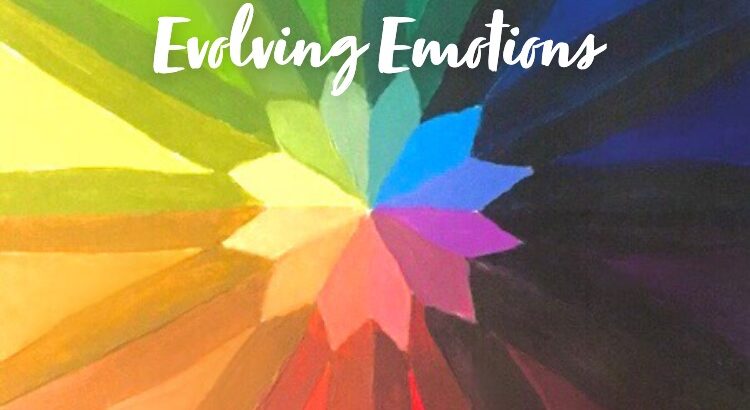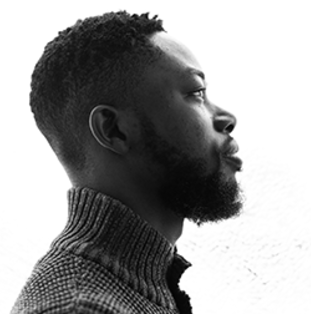Trigger warning: Strong language, mild gore, horror theme
The Man
“Get out of here, asshole!”
“Screw you, Stace,” Cole spits, pushing up from the couch. Stacy shoves his back, causing him to jerk forward as he stands. Stacy’s complexion is unmoving, with hot rage steaming beneath. Whether it be in spite of the absurdity of the argument or the embarrassment he feels, Cole gestures with his middle finger, boldly displaying it before disappearing up the basement steps.
Cole’s palms slam against the door, causing the tattered screen to bounce before settling in its original position. Standing on the porch, Cole shakes his hands at his sides, hoping to reduce the sting. Before heading out, he checks his watch: 7:00 pm.
The block is illuminated by a soft, warm glow, characteristic of picturesque summer evenings. The delicate breeze and pinkish sky evoke a sense of calm in those traversing the patchy sidewalks, apart from Cole.
As he grumbles toward home, his scowl deepens into a defiant squint. He holds a hand to his forehead to take in the view. At the tree line lingers an impatient August sun, barely holding onto the sky, wishing for dark winter nights. Its light pours between each pine needle on every tree, producing beams that project onto homes bordering the street.
Cheerful people cross Cole’s path, accelerating his fury. They amble without intention or direction for the sole purpose of breathing in the evening air. One such passerby approaches Cole from a great distance. As he gets closer, a white cane comes into view. It passes the pavement like a pendulum, sweeping back and forth. The man looks to be in his late sixties. His face is worn and tired with age, accompanied by browning age spots. His white hair is intact but thinning and almost the texture of cotton. His walk is a hunched shuffle, slow and effortful.
As the man approaches, a chill runs down Cole’s back, causing his hair to stand atop his skin. The clicking of the cane crescendos as the man reaches him. Despite wanting to look away from the man, Cole finds he cannot. He is by no means a sight to behold but remains inexplicably captivating.
The man is a few feet away, still sweeping the ground with his cane. “Boy,” the man calls, “I am looking for Empyrean Drive. Do you know where I can find it?”
Cole blurts, “Can you really look for it? You seem pretty blind to me, old man.”
The corners of the man’s mouth contort into a smile.
Despite the warmth of the sun still hanging in the sky, a cool breeze rushes past them both. Cole shivers, and abruptly, a realization overwhelms him: “If he is blind, how did he know I was here?” Cole looks back at the man to find his features strangely distorted. Up close, the man’s face is almost skeletal. Defined curves and jagged edges make up his emaciated aspect. Cole’s stomach twists as he observes the man’s sunken eyes. The skin surrounding them is scarce, giving the eyes an unnaturally placed appearance as if foreign to the face. The eyes themselves are large and oddly round. Grey hues swirl in spiraling patterns around obsidian centers. Each eye is thickly glazed over, yet the blackness deepens, and the pupils dilate the longer Cole stares.
“Do you know where I can find it?” the man happily asks once more.
Unable to speak, Cole continues in his perusal of the eyes.
As he does so, shadows creep onto the man’s flesh, shrouding his skeletal appearance.
Finally, Cole draws his gaze away and looks to his feet, now disguised in the black of night.
Cole rubs his arms with clammy palms, attempting to soothe himself. “Look man,” he finally starts, “I’ve never heard of that street and I really need to get home.”
With that, Cole begins walking, which soon evolves into a frantic jog.
After passing two blocks, he stops, sucking in shuddering breaths. “Shit, that guy was weird,” he declares to himself. Lifting his head, he observes that the sun has set prematurely. “Also weird.” Cole reads his watch: 7:05 pm.
“What the hell? It’s only been five minutes? Is this thing broken or something?”
Two clicks. Cole whirls around. Two more clicks. The darkness is thick, the stars and moon dulling fast. Squinting, he finds the man.
“Stacy is very upset with you, boy.”
“Fuck you, man! What is your deal?” Not wasting any more time, Cole sprints, scraping the pavement with the soles of his shoes.
Click. Click. Click. The noise is in Cole’s ears, growing louder than his breath.
Click. Click. Click. It gnaws its way through his ears to his brain. The sidewalk is enveloped in pitch black. Each step is taken only by faith.
As Cole sprints, he can’t help but question, “Where is everybody? The street lamps? The moon? Anything?”
“Do you know where I can find it, boy?” The question arrives, conveyed through the air by the clicking echoes.
Up ahead, a single street lamp remains, illuminating Cole’s home. Not stopping, Cole rushes to the door. He gasps in relief as he locates the key in his pocket. His hands shake violently, making it near impossible to push the key into the lock. With a succinct click, he twists the door handle, pulls upon the door, and slams it shut.
Cole is greeted by solitary darkness. The blackness consumes his wood-floored hallway, the kitchen table, and everything else. A pang of panic rushes through his fingertips as he reaches beside the door. There is no light switch. Vigorously brushing his hands along the wall, he feels nothing.
Hopeless, he presses his back to the door. His forceful pants slow to trembling, shallow breaths. As he sinks to the floor, he realizes that the tapping has ceased. Now enveloped in strange darkness, he cannot see his hands squarely in front of him.
Something knocks into the door. The walking stick. “Let me in, Cole.”
“GO AWAY!” Cole screams, fear ripping at his throat. “Go away, go away, go away,” he mutters incomprehensibly.
“Do you know where I can find it?” The man’s voice is lower than before. “Do you know where?”
“Please go away,” Cole whispers through pleading sobs. Despite the blackness of the room, he squeezes his eyes shut.
“I know you’ve seen it,” he says in a distorted, otherworldly tone.
“Seen what?” Cole asks, gasping for breath.
“Cole. Let me in, Cole. Let me see you.”
Upon that last word, a violent pain rips at Cole’s eyes. He gasps and clutches at his eyes. It is as if they were set ablaze by hell’s fire. The scorching compels agonizing screams and pleas for mercy. Each optical nerve twists and tugs under immense strain. Cole rocks back and forth before getting on all fours, face pressed to the floor. Then, everything stops. The pain disappears, although the panic lingers.
Cole opens his eyes. “It’s over,” he thinks, as something trickles down his cheek, seeping into his mouth. It is vile and metallic. “Oh, God,” he cries. All is black. No figure, shape, or object, not even the floor or street lamp outside, is visible. The void is all that is left. The viscous blood continues to flow from his eyes as Cole’s breathing diminishes. Finally, he slumps to the ground.
“Thank you, Cole.”



